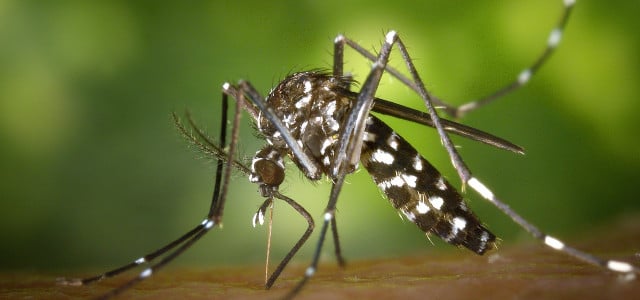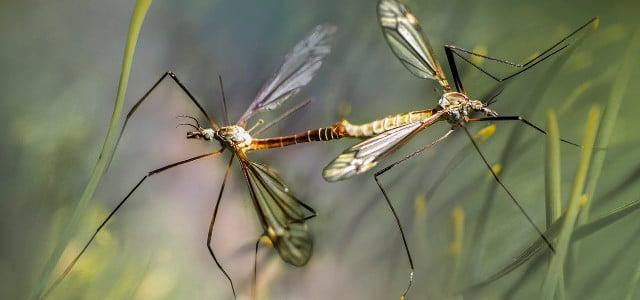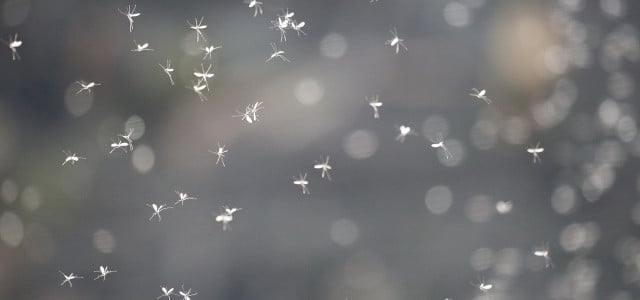We know that mosquitoes love to suck blood from humans and animals — but what eats mosquitoes? This is a guide on how to control mosquito populations by encouraging animals that feed on them.
Did you know that mosquitoes actually serve a purpose, and that they are not just annoying bugs? At the same time, they may also transmit illnesses like malaria, dengue fever, and the Zika virus. However, using chemical repellents or pesticides can harm the ecosystem and endanger human health. So the question one has to ask themselves is: What eats mosquitoes?
Using natural predators and sustainable techniques to reduce mosquitos is an eco-friendly and successful strategy. In this article, we will look at eight mosquito predators and offer advice on how to increase their presence in or around your house. In addition, we will cover different methods for keeping mosquitos at bay without jeopardizing sustainability.
8 Predators of Mosquitoes and How to Encourage Their Presence
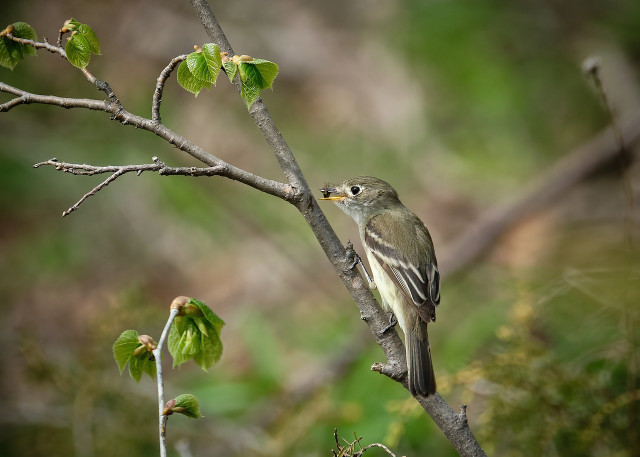
So what eats mosquitoes? Here is a number of predators that have mosquitoes on their menu:
- Birds: Various bird species, such as swallows, purple martins, and other insect-eating birds, naturally prey on mosquitoes. You can attract these birds to your surroundings by installing nesting boxes or bird feeders. Additionally, planting native trees, shrubs, and flowers will create an inviting environment that draws a diverse array of birds, effectively controlling mosquito populations.
- Spiders: Spiders have excellent hunting abilities and can catch mosquitoes in their intricate webs. To help spider populations, it is important to minimize the use of insecticides, as these can unintentionally endanger beneficial arachnids.
- Ants: Certain ant species, such as the predatory pharaoh ants and argentine ants, will prey on mosquito larvae. Encouraging ants in your garden by providing suitable habitats and food sources can help control mosquito populations.
- Dragonflies: Dragonflies have remarkable mosquito predators. With insatiable appetites, they consume significant numbers of mosquitoes throughout their larval and adult life stages. Promoting the presence of dragonflies can be as easy as incorporating a water feature or pond into your garden since they rely on aquatic environments for breeding and growth. Learn how to attract dragonflies to your garden.
- Fish: Specific fish species, like mosquito fish and goldfish eat mosquito larvae. Introducing these fish to your pond or water feature can effectively control mosquito populations. It is important to provide the fish with appropriate habitats and proper care to ensure their well-being and enable them to thrive and reproduce.
- Predatory insects: Mosquitoes are targeted by an assortment of predatory insects, such as beetles, and some wasp species. To foster a diverse community of beneficial insects that aid in mosquito control, apply organic gardening techniques. These include refraining from pesticide use and establishing appropriate habitats and food sources to support the flourishing of these advantageous insect species.
- Tadpoles and frogs: Tadpoles and frogs serve as natural predators for mosquito larvae. To create an ideal environment for these amphibians, consider incorporating a small, shallow pond or water container within your garden. It is essential to refrain from utilizing chemical pesticides in close proximity, as they can have detrimental effects on the tadpoles and frogs.
- Chickens: Chickens hunt all insects, including mosquitoes. Allowing chickens to freely roam in your yard can effectively diminish mosquito populations, while simultaneously offering additional advantages such as natural pest control and a sustainable supply of eggs.
It’s essential to create a habitat where different predators can thrive to keep the ecosystem in balance and control mosquitoes effectively. By using various strategies and encouraging biodiversity, we can achieve long-lasting and sustainable mosquito management.
Other Strategies for Mosquito Control



All these animals might help with mosquitoes, but not everyone has a big garden to have a pond or chickens. Here are some alternatives for mosquito control that everyone can apply at home:
- Window and door screens: Install screens on your windows and doors to keep mosquitoes out of your home. Check that the screens fit properly and fix any damages to create a barrier that prevents mosquitoes from getting inside and bothering you.
- Time outdoor activities wisely: Try to plan your outdoor activities for times when mosquitoes are less active. Mosquitoes are most active during sunrise and sunset when it’s cooler outside. If you can, choose other times of the day to enjoy outdoor activities when there are fewer mosquitoes around.
- Remove standing water: Get rid of any stagnant water around your home, like in flower pots, buckets, or clogged gutters. Mosquitoes need water to lay their eggs, so by removing their breeding spots, you can greatly reduce their numbers.
- Use outdoor fans: Setting up fans in your outdoor seating areas or patios can make it harder for mosquitoes to fly and land on you. Mosquitoes are not strong flyers, and a gentle breeze created by the fans can discourage them from coming close to you.
- Avoid perfumes and fragrances: Mosquitoes are attracted to strong smells like perfumes, scented lotions, and fragranced soaps. To avoid attracting mosquitoes, use unscented personal care products whenever possible.
Conclusion: Know What Eats Mosquitoes Is Only One of Many Factors
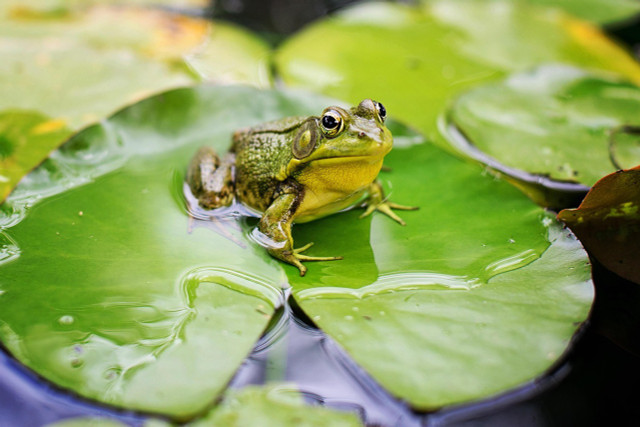


You may deal with mosquitos in a more environmentally friendly and effective way by helping beneficial creatures that eat them, adopting eco-friendly approaches, and experimenting with these natural repellent methods. Adopting such preventative measures will not only keep you safe and sound but will also assist your local ecosystem.
Read more:
- The 12 Best Plants to Naturally Repel Mosquitoes
- 10 Natural Home Remedies for Mosquito Bites
- Natural Repellents: Use These 7 Essential Oils for Mosquitoes
Do you like this post?






